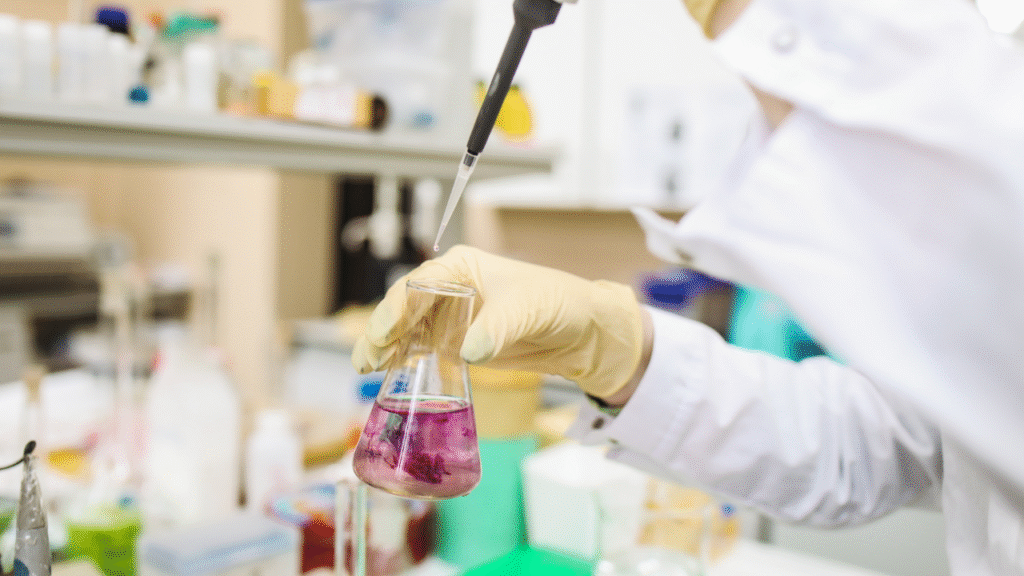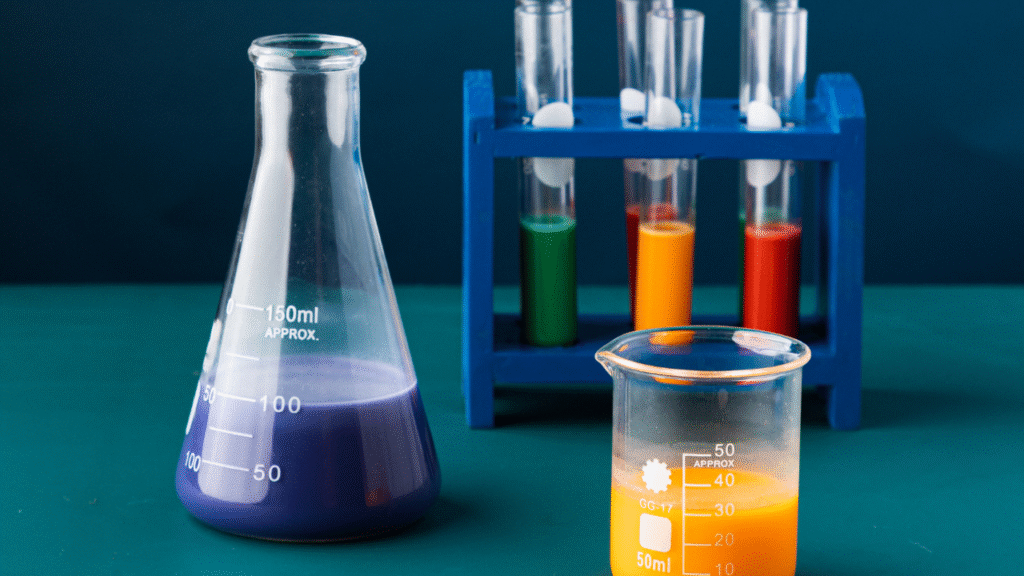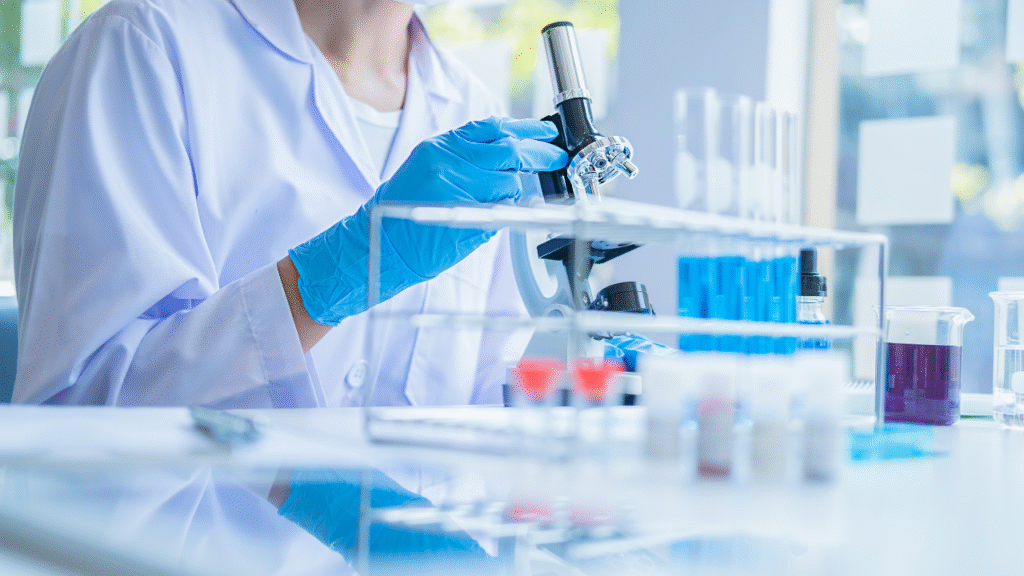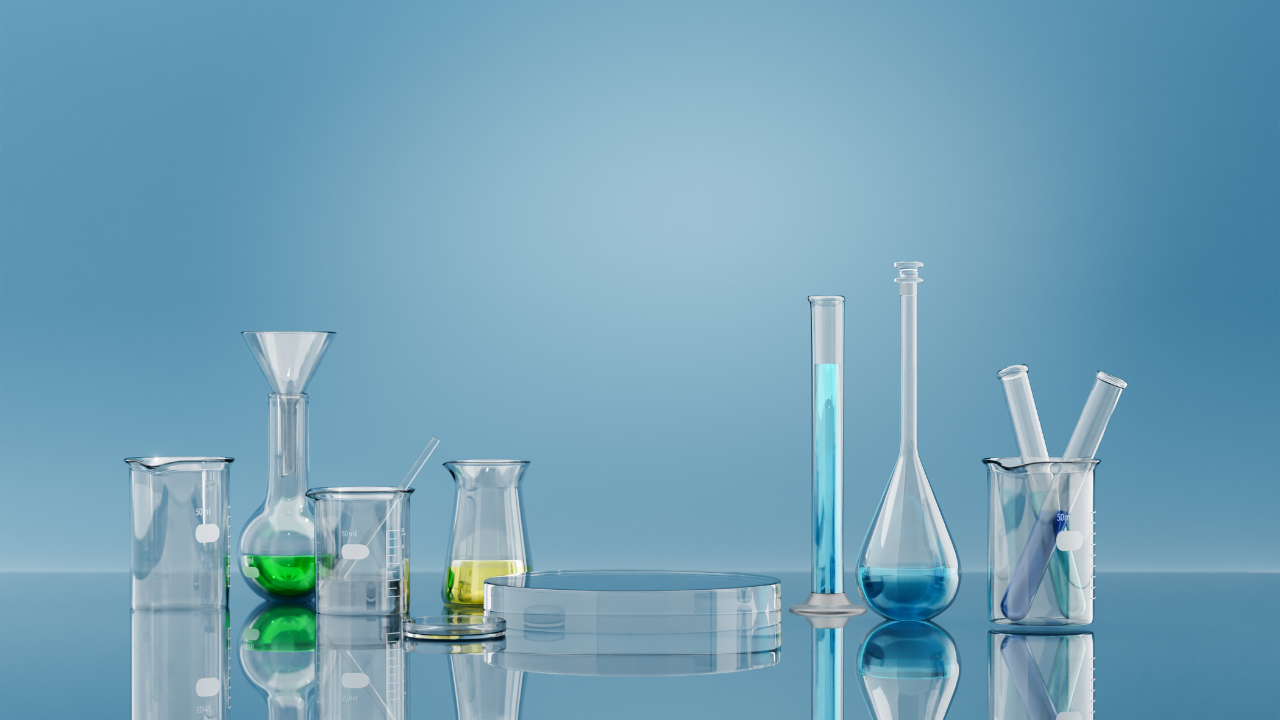Chemistry is often called the “central science”—and for good reason. It connects physics with biology, engineering with medicine, and the molecular world with real-world solutions. In the 21st century, as our world faces complex global challenges, chemistry research is playing a more vital role than ever before.
From creating life-saving drugs to designing sustainable materials, the innovations emerging from chemical labs are shaping the future of our planet and our lives. So, let’s take a closer look at why chemistry research matters more than ever in today’s fast-evolving world.
The Role of Chemistry in Everyday Life: More Than Just a Lab Subject
1. Tackling Climate Change Head-On
The 21st century has brought climate change to the forefront of global concerns. Rising temperatures, extreme weather events, and carbon emissions are threatening ecosystems and human life alike. This is where chemistry research becomes a powerful tool.
Scientists are using green chemistry principles to develop carbon capture technologies, create biofuels, and invent sustainable batteries. These breakthroughs reduce our dependence on fossil fuels and minimize environmental impact. Innovations in chemistry research are also making solar panels more efficient and water purification processes more accessible, especially in underserved communities.

2. Revolutionizing Modern Medicine
If there’s one thing the COVID-19 pandemic taught us, it’s how critical chemistry research is to public health. The rapid development of vaccines, antiviral drugs, and diagnostic kits would not have been possible without deep chemical knowledge.
Chemists are working at the molecular level to create more targeted cancer treatments, antibiotics that tackle resistant bacteria, and personalized medicines. In fact, every pill, injection, or topical cream you use is the product of years—sometimes decades—of chemistry research. The 21st century is ushering in a new era of smart drug delivery and biotech therapies, thanks to this foundational science.
3. Promoting Sustainability and Green Innovation
Sustainability is no longer a buzzword—it’s a necessity. From plastic pollution to toxic waste, the environmental consequences of industrialization have pushed researchers to think differently. Enter chemistry research focused on green technology.
Scientists are now developing biodegradable plastics, recyclable packaging, and non-toxic dyes for textiles. Research into catalysts is helping industries reduce waste and energy consumption. By designing chemical processes that are clean, efficient, and sustainable, chemists are driving the shift toward a circular economy.
Chemistry research in this area is also aligned with the United Nations Sustainable Development Goals (SDGs), particularly those related to clean water, affordable energy, and responsible consumption.

4. Advancing Materials Science and Everyday Tech
You might not realize it, but your smartphone, laptop, and even your smart fridge all depend on materials created through chemistry research. Whether it’s lithium-ion batteries, touchscreens, or semiconductors, the materials that power modern life are born in chemical labs.
In the 21st century, chemists are creating new materials with remarkable properties—like self-healing polymers, ultra-light aerogels, and heat-resistant coatings. These innovations are key to building everything from faster processors to space-grade equipment.
The field of nanotechnology is also closely tied to chemistry, enabling researchers to manipulate materials at the atomic level to produce revolutionary results across electronics, medicine, and even agriculture.
5. Ensuring Clean Water and Food Security
Clean water and safe food are basic human needs, yet millions of people around the world lack access to them. This is where chemistry research again proves its importance.
New water filtration materials, such as advanced membranes and nanocomposites, are making it easier to remove contaminants from drinking water. Meanwhile, chemists are developing safer agrochemicals and fertilizers that enhance crop yields without harming the soil or the environment.
Additionally, chemistry research plays a key role in food packaging—extending shelf life, preventing spoilage, and reducing food waste. These innovations are critical as the global population continues to grow.
6. Supporting Innovation Across Industries
Almost every modern industry—from cosmetics and textiles to energy and electronics—relies on the discoveries made through chemistry research. For example:
- The beauty industry uses chemical formulations for safer, more effective skincare.
- The automotive sector depends on lightweight composites and better fuels.
- The fashion world benefits from eco-friendly dyes and performance fabrics.
Behind each of these advancements is a team of researchers solving practical problems at the molecular level.

7. Inspiring Future Generations of Scientists
Perhaps one of the most underrated impacts of chemistry research is its ability to inspire. When young minds see how chemistry is helping to combat climate change, cure diseases, and launch rockets, it sparks curiosity and passion.
Educational outreach, citizen science projects, and public engagement initiatives are making chemistry more accessible and exciting than ever before. By encouraging STEM education, chemistry research is laying the groundwork for future innovators who will take today’s discoveries even further.
Conclusion: Chemistry for a Better Tomorrow
In today’s world, progress is measured not just by technological advancement but also by sustainability, equity, and well-being. Chemistry research sits at the heart of this progress. It gives us the tools to understand our world and the means to improve it.
Whether you’re drinking clean water, using your phone, getting a vaccine, or driving an electric vehicle—you’re benefiting from the quiet but powerful work of chemists.
So the next time someone asks why chemistry research matters more than ever in the 21st century, you’ll know: it’s because it’s building the foundation for a smarter, safer, and more sustainable future for everyone.









